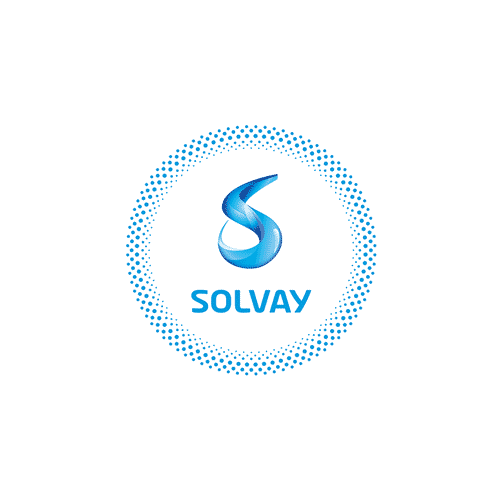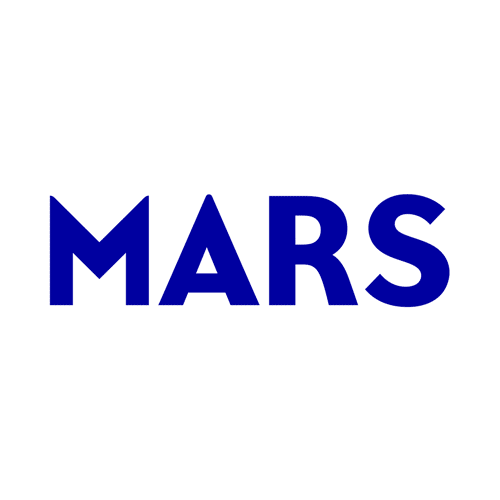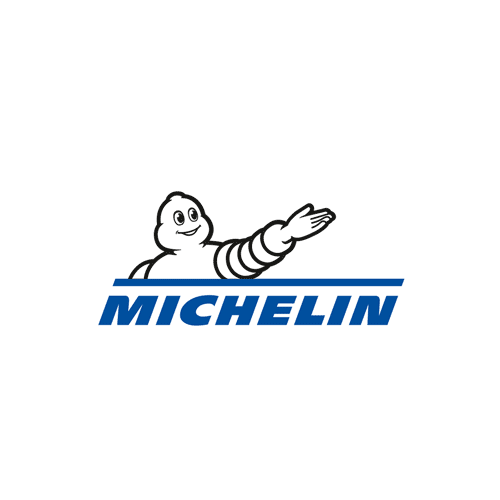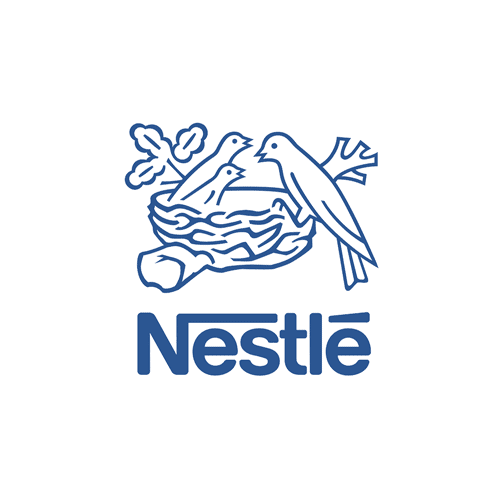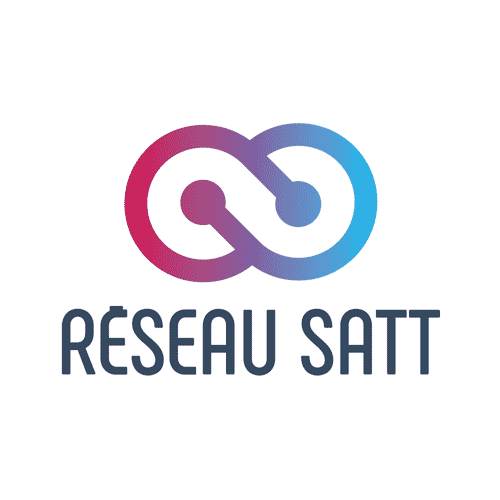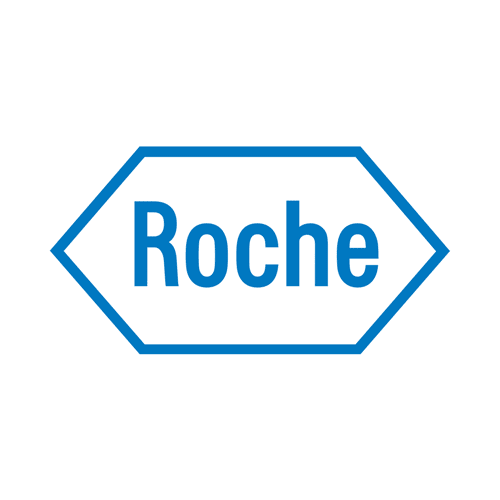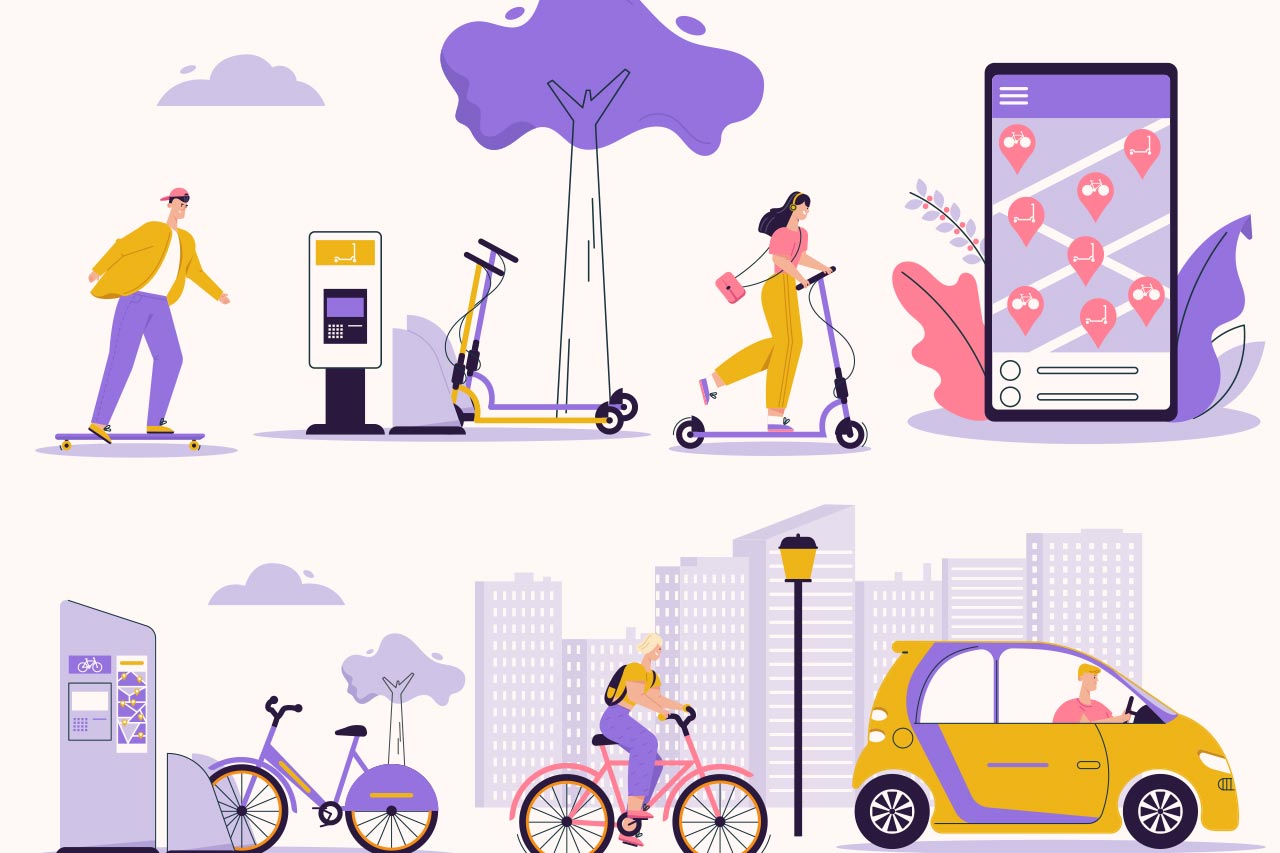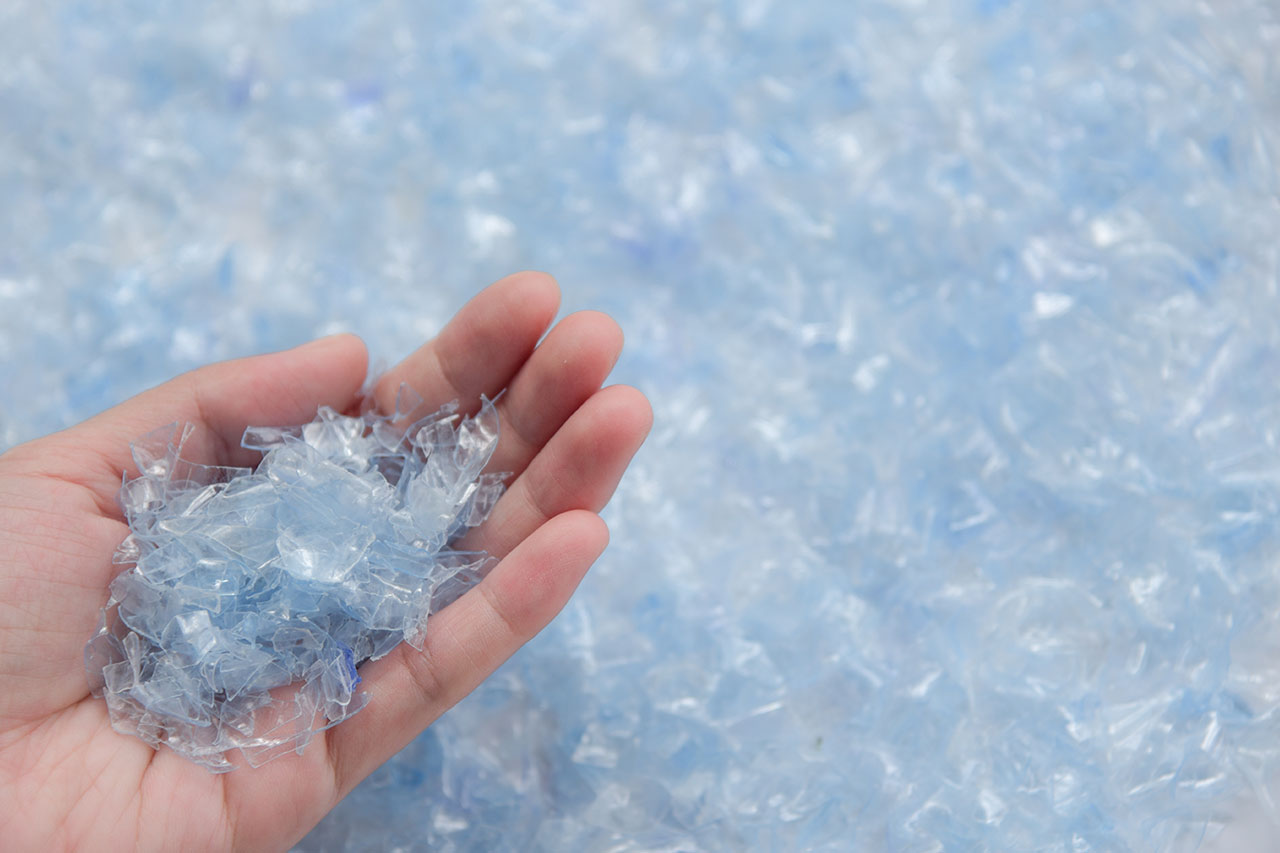
Circular economy consulting
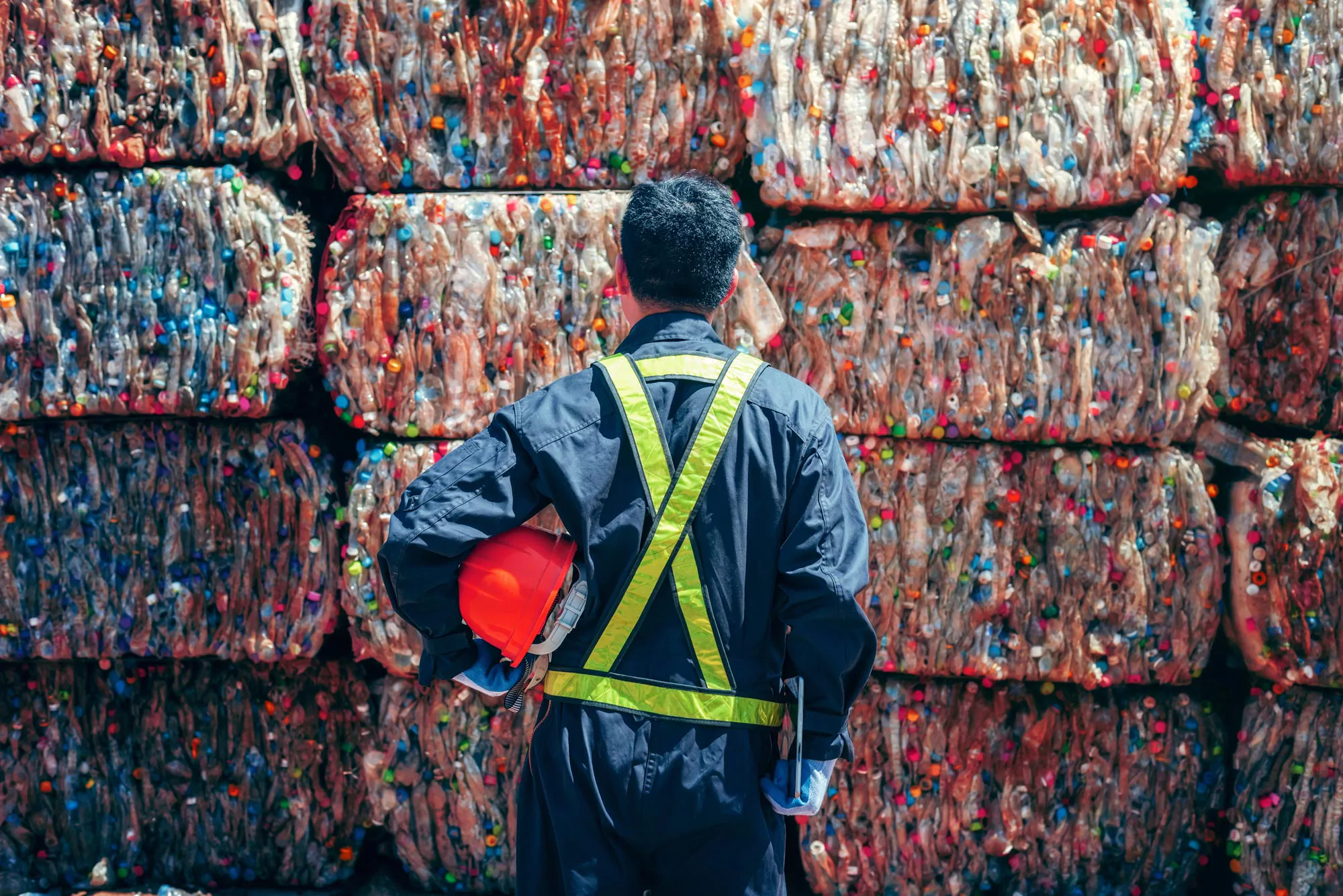
For over 30 years, our team has been providing day-to-day support to industrial leaders, innovative SMEs and start-ups, and institutional clients, in their innovation and development projects related to circular economy.
How we support our clients in their circular economy and circularity projects
Founded in 1993, Alcimed is a consulting firm specialized in innovation and new business. Spread over our 8 offices in the world (in France, Europe, Singapore and the USA), our team of 220 high-level explorers supports everyday corporate management and operational decision-makers (heads of marketing, R&D, innovation, strategy, CSR, industrial operations, etc.) in their innovation and new business projects.
The circular economy projects we carry out for our clients cover topics as diverse as the identification of more environmentally friendly raw materials, the search for more efficient processes from an environmental point of view, the identification of new opportunities linked to incoming circular value chains (service offer, new business models), the definition of circular roadmaps, the establishment of new valorization channels (identification of new markets, reflection on collection/logistics, identification of new partners, etc.) and many more!
The diversity of our clients (manufacturers, ETIs, innovative start-ups, institutions, etc.), the subjects we deal with, and the geographical areas we explore, enable us to master a wide range of missions and develop recognized expertise in our specialized sectors.
Our missions
Our expertise
Our missions
Strategic marketing
Clients & Patients
R&D
Commercial strategy
Innovation
New partners
Strategy
Our expertise
Healthcare
Environment & Climate
Beauty & Nutrition
Energy & mobility
Sovereignty
Tech & data
Examples of circular economy and circularity projects carried out for our clients
You have a project?
To go further
Founded in 1993, Alcimed is an innovation and new business consulting firm, specializing in innovation driven sectors: life sciences (healthcare, biotech, agrifood), energy, environment, mobility, chemicals, materials, cosmetics, aeronautics, space and defence.
Our purpose? Helping both private and public decision-makers explore and develop their uncharted territories: new technologies, new offers, new geographies, possible futures, and new ways to innovate.
Located across eight offices around the world (France, Europe, Singapore and the United States), our team is made up of 220 highly-qualified, multicultural and passionate explorers, with a blended science/technology and business culture.
Our dream? To build a team of 1,000 explorers, to design tomorrow’s world hand in hand with our clients.
The circular economy is a phenomenon that consists in producing goods and services in a more sustainable way, i.e by limiting the consumption and waste of planetary resources and the production of waste.
More and more industrial players are interested in integrating circularity principles into their activities to develop sustainable production and sustainable consumption approaches. The principles of circularity involve:
- Promoting sustainable sourcing, in particular by increasing the proportion of recycled materials in raw materials. This alternative sourcing approach requires forging new relations with industrial partners to create material synergies.
- Reducing the environmental footprint of processes for sustainable production, in particular by promoting the development of remanufacturing (i.e., producing with used products rather than raw material). These approaches are highly promising because they are synonymous with both material and energy savings.
- Studying how to valorize waste from production or consumption processes. The aim of these approaches is to develop valorization methods that are more desirable than thermal valorization. Chemical methods (solvolysis, pyrolysis, depolymerization, etc.) have thus been developed and are highly successful from a technical point of view. These initiatives are generally part of what is considered industrial and territorial ecology, which involves valorizing waste as raw material for a company’s own production lines or for close industrial partners.
A circular economy initiative is also reflected upstream of the production phase by integrating the principles of circularity stated above in the product design phase; this is the emergence of eco-design approaches. In essence, it is about designing modular products that are easy to repair, last longer, and can be broken down more easily to be reused.
The concept of selling a product is thus replaced by selling a use, leading to the advent of the functional economy and significant savings in raw materials and energy while mobilizing new economic models. These models are based on the implementation of new circular economy strategies that are notably based on collaborative consumption approaches.
Beyond simply complying with the regulatory framework, integrating a circular economy strategy can be a real lever for adding value and differentiating companies. In all, there are 4 business models for the circular economy:
- The substitution model, i.e. innovating in a market with a breakthrough alternative that promotes circularity,
- The service sales model, in which instead of selling a product, the company offers a service around it, thereby generating ongoing value while controlling the product’s life cycle in a circular way.
- The recycling model, where the company generates value by ridding other companies of their waste, or by selling a finished product derived from recycling.
- The reuse model, where products are recovered and rehabilitated to offer the same performance as new products, thus extending product life and generating value beyond operating standards.
